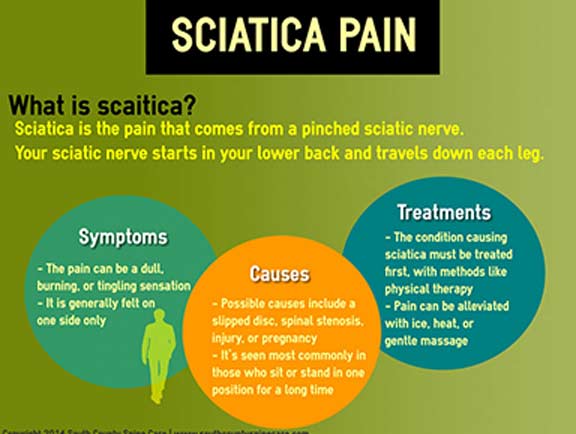The Impact Of Diet On Back Pain Monitoring: Foods To Integrate And Foods To Exclude
The Impact Of Diet On Back Pain Monitoring: Foods To Integrate And Foods To Exclude
Blog Article
https://www.avantaje.ro/articol/dana-savuica-recuperare-complicata-dupa-operatia-de-urgenta-din-cauza-unei-hernii-de-disc By-Russo Lockhart
When it involves managing your neck and back pain, the food options you make can significantly impact exactly how you feel daily. Imagine being able to reduce your pain simply by readjusting what you consume. By recognizing the duty of nutrition in back pain monitoring and knowing which foods to incorporate or avoid, you can take proactive steps towards a healthier and extra comfortable way of living. https://backadjustmentchiropracto51738.tkzblog.com/31068813/chiropractic-look-after-children-misconception-vs-truth between nourishment and back health is much more profound than you might realize-- allow's check out how certain foods can either calm or intensify your back pain.
Significance of Nutrition in Back Pain
Nutrition plays a crucial function in taking care of back pain. Your diet plan can considerably impact swelling levels and general pain levels in your back. Eating a well balanced diet rich in nutrients like vitamins D and K, calcium, magnesium, and omega-3 fats can help reduce inflammation and reinforce bones, which are vital for back health and wellness.
Additionally, preserving a healthy weight with appropriate nourishment can ease anxiety on your spinal column, minimizing the danger of neck and back pain.
Additionally, specific nutrients like antioxidants located in fruits and vegetables can aid combat oxidative stress and anxiety and promote recovery in the body, including the back muscular tissues and spine.
On the other hand, taking in excessive amounts of processed foods, sugary drinks, and undesirable fats can contribute to swelling and weight gain, aggravating pain in the back.
Foods to Consume for Back Wellness
To support a healthy back, including nutrient-rich foods right into your day-to-day meals is key. Consisting of foods high in anti-oxidants like berries, spinach, and kale can help in reducing swelling in your back, reducing pain and pain. Omega-3 fatty acids located in fatty fish such as salmon and mackerel have anti-inflammatory residential properties that can benefit your back health and wellness.
Furthermore, taking in nuts and seeds like almonds, walnuts, and chia seeds offers important nutrients like magnesium and vitamin E, which support muscular tissue function and minimize oxidative anxiety. Integrating lean healthy proteins such as hen, turkey, and tofu can aid in muscle mass fixing and upkeep, promoting a strong back.
Do not forget to consist of dairy products or fortified plant-based options for calcium to sustain bone health and wellness. Finally, hydrate with plenty of water to keep your spinal discs hydrated and functioning efficiently. By consisting of these nutrient-dense foods in your diet plan, you can nourish your back and support general back health and wellness.
Foods to Avoid for Pain In The Back
Select avoiding refined foods high in added sugars and trans fats when seeking remedy for back pain. These kinds of foods can add to inflammation in the body, which may aggravate pain in the back. Say no to sugary snacks sweet, breads, and sugary beverages, along with convenience food items like burgers, fries, and fried chicken that are usually filled with trans fats.
Additionally, steer clear of foods including high levels of polished carbs, such as white bread, pasta, and breads, as they can spike blood sugar level levels and possibly intensify swelling in the body.
It's additionally important to limit your intake of foods high in saturated fats, like red meat and full-fat dairy items, as they can add to swelling. Refined foods like delicatessens meats, chips, and packaged treats are often high in saturated fats and ought to be consumed in moderation.
Final thought
Finally, paying attention to your diet plan and making wise food choices can have a significant effect on handling pain in the back. By including nutrient-rich foods like berries, fatty fish, nuts, and lean proteins, and avoiding processed and sugary items, you can help in reducing inflammation and support overall back health and wellness. Keep in mind, what you consume plays a critical duty in just how you feel, so see to it to prioritize your nutrition for a healthier back.
